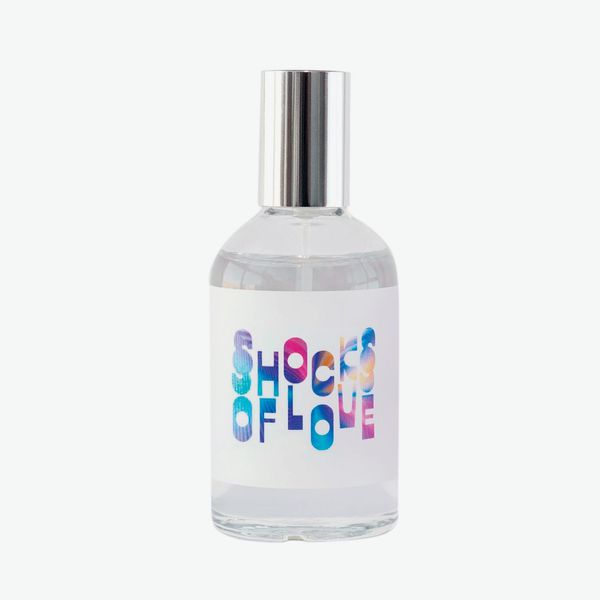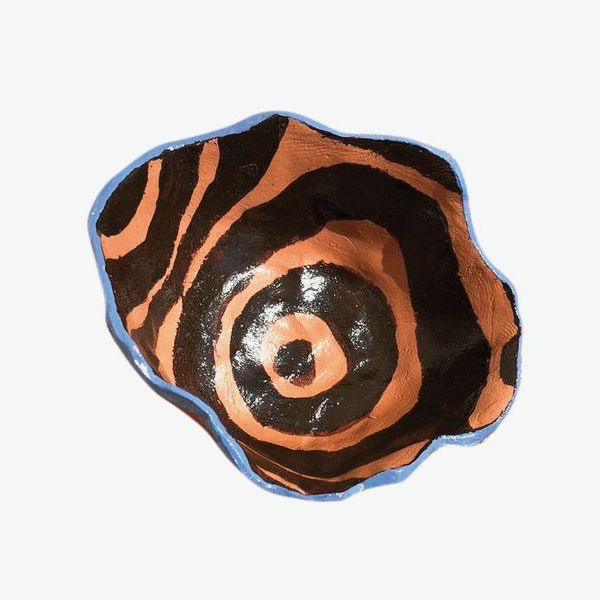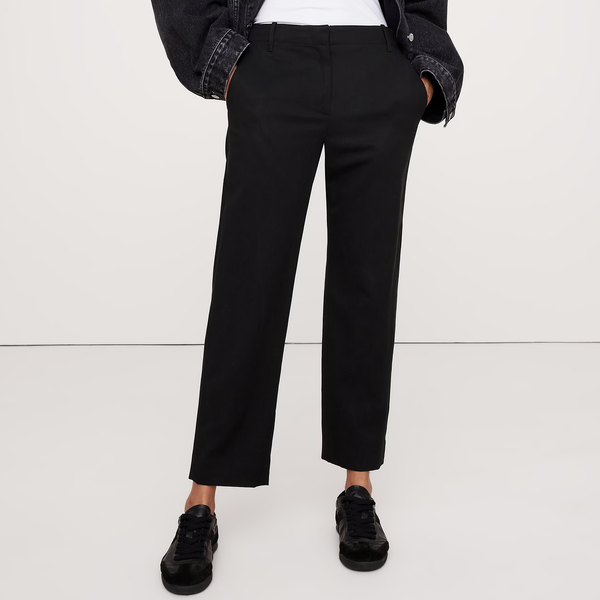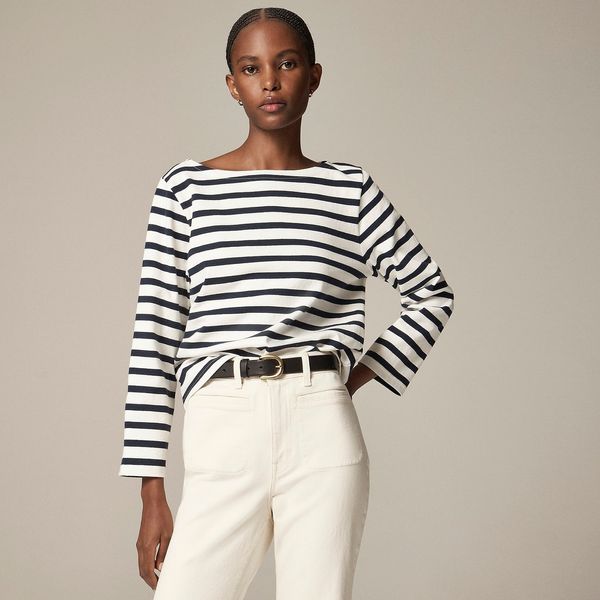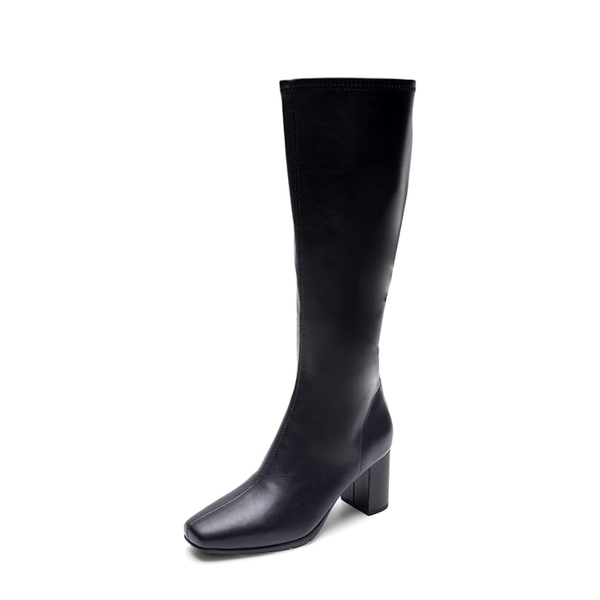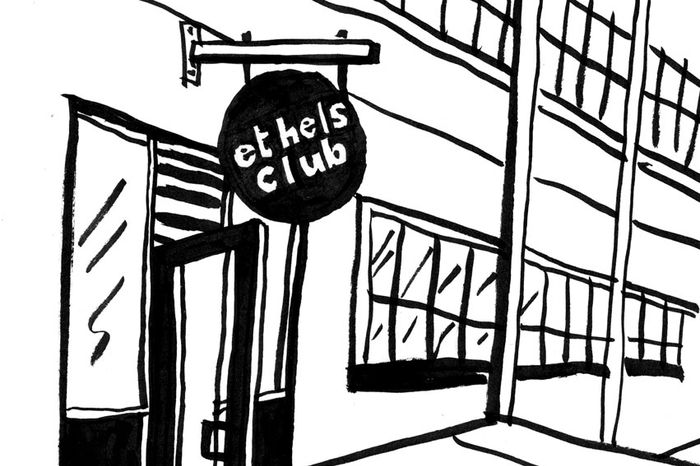
Ethel’s Club had been open only four months when it was forced to shut down. Back in November, the launch of “the first private social and wellness club designed with people of color in mind” had been — to put it mildly — eagerly anticipated. In fact, when founder Naj Austin, the former head of operations at a real-estate start-up, first opened the club to applications, the site promptly crashed (“Ethel Club’s site is down,” tweeted actor Coral Peña. “That’s how you know it’s about to be lit”). For a brief but exhilarating while, its 10,000-square-foot space in Bushwick, outfitted with blond-wood stadium seating and overstuffed couches, was able to accommodate 275 members (4,000 remained on a waiting list). “The idea was to create a place that existed outside of the white gaze entirely. I didn’t think about white people in regards to what my company is, and I think that is why we’ve never had people who are white apply,” Austin says. “We say that if you center and celebrate people of color you’re welcome into this space,” she adds, “but we’re unapologetic about who we are for.” Many of the activities were created at the behest of members: comedy nights with Jaboukie Young-White, film screenings, group therapy sessions. In January, Austin opened Ethel’s Club Shop, which sold wares created by makers of color. “We were still figuring out what the hell it was,” she says. “We were still like, ‘What is the essence of Ethel’s Club?’ ”
On March 12, Ethel’s was the first social club in New York to shut down. That night, Austin and her team of five huddled in one of their conference rooms to figure out how they could quickly transform their physical space into something entirely digital. By three in the morning, they had a plan. To the members who decided to continue paying the full membership fee ($65 to $195 monthly), they’d send out themed monthly care packages and offer one-on-one video chats with interior designers, holistic-medicine practitioners, and even tarot-card readers. And they introduced a new $17 monthly digital membership, which came with three events per weekday — everything from weed-smoking sessions to podcasting workshops led by artists and writers like Kimberly Drew and Jenna Wortham. Quickly, the club grew to more than 1,000 members. Some lived in Brooklyn. Others were from Chicago, the West Coast, and even Europe. “We had a person of color from Norway sign up,” Austin says. “I was like, ‘Is Norway our other market?’ ”
Ethel’s Club wasn’t the only one to pivot to digital-only. The Wing introduced a series of virtual classes, as did Soho House. But soon after doing so, both companies were forced to lay off many of their staff members, and in the weeks following George Floyd’s death, both admitted to failing their Black and brown members and employees. “We’ve heard accounts that make it clear more needs to be done,” reads one statement on Soho House’s Instagram. Over at the Wing, CEO Audrey Gelman announced that she would step down after criticism over the company’s poor treatment of Black and brown employees. Incidentally, many of Ethel Club’s newest members recently canceled their memberships at Soho House and the Wing.
Thanks to a variety of factors, including its relative youth (it has only a single location, and the landlord has worked with the club to make sure it can continue to afford rent), Ethel’s Club hasn’t had to lay off any of its employees. And though it’s making less money than before the lockdown, it’s beginning to see a sharp increase in revenue — lots of new members and people buying candles and room sprays from the shop. This likely has to do with the fact that in May, in the wake of the national reckoning with police brutality and systemic racism, Austin began connecting members and nonmembers with licensed therapists for free healing and grieving sessions. In turn, Ethel’s Club frequently began appearing on lists of mental-health resources for Black and brown people. Within 12 days of offering the sessions, digital membership doubled — and its social-media following spiked from 17,000 people to 190,000. Now Austin is focusing on something she did not anticipate in the midst of a global pandemic — securing funding to be able to hire more full-time staffers.
Austin plans to reopen the club’s storefront in early July. But what comes after that is more nebulous. In fact, she’s found herself rethinking the membership structure for the club entirely. She is considering, for example, offering inexpensive day passes to the physical space once it reopens. “People of color and Black people have never walked into public spaces that are designed explicitly for them. So I want to take away every barrier possible. My new motto is: ‘Let’s just make things easier for everybody.’ ”
Quarantine Top Sellers
[Editor’s note: This bowl is sold out everywhere, but the Edas OOAK Plate is in stock at Ethel’s Club for $49.]
*This article appears in the July 6, 2020, issue of New York Magazine. Subscribe Now!
The Strategist is designed to surface the most useful, expert recommendations for things to buy across the vast e-commerce landscape. Some of our latest conquests include the best acne treatments, rolling luggage, pillows for side sleepers, natural anxiety remedies, and bath towels. We update links when possible, but note that deals can expire and all prices are subject to change.
